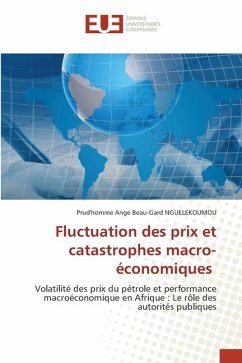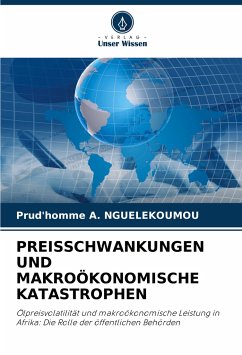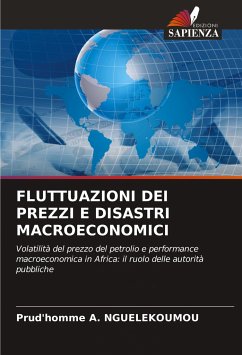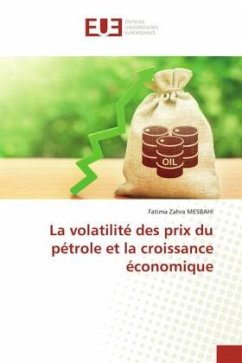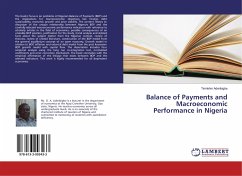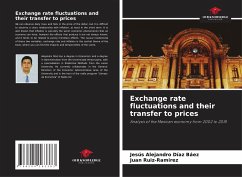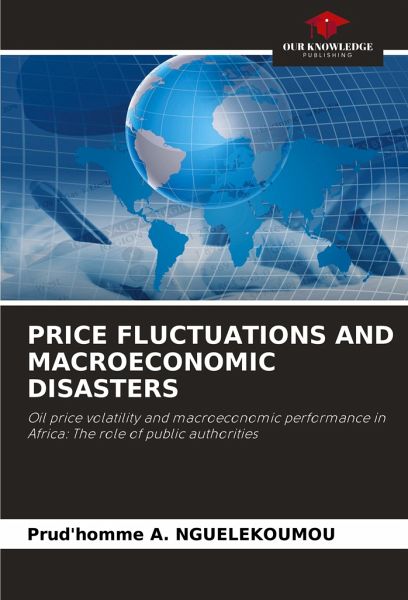
PRICE FLUCTUATIONS AND MACROECONOMIC DISASTERS
Oil price volatility and macroeconomic performance in Africa: The role of public authorities
Versandkostenfrei!
Versandfertig in 6-10 Tagen
60,99 €
inkl. MwSt.

PAYBACK Punkte
30 °P sammeln!
Analysis of the macroeconomic aggregates of almost all oil-exporting countries reveals an epiphenomenon since the oil shocks of 1973-74 and 1979-80 in relation to natural resources. The opportunities for macroeconomic performance and macro-fiscal stability through empirically observed stylized facts on the oil market are mixed. The scientific interest of this thesis lies in the question of macroeconomic and institutional policy governance in the face of fluctuating barrel oil prices in Central Africa. It is in this context that researchers, international institutions (notably the International...
Analysis of the macroeconomic aggregates of almost all oil-exporting countries reveals an epiphenomenon since the oil shocks of 1973-74 and 1979-80 in relation to natural resources. The opportunities for macroeconomic performance and macro-fiscal stability through empirically observed stylized facts on the oil market are mixed. The scientific interest of this thesis lies in the question of macroeconomic and institutional policy governance in the face of fluctuating barrel oil prices in Central Africa. It is in this context that researchers, international institutions (notably the International Monetary Fund and the World Bank) and governments are developing appropriate strategies to cope with the shocks caused by fluctuating oil prices. How do macroeconomic aggregates behave in the face of oil price volatility? How do authorities react to oil price fluctuations? These are the questions this book sets out to answer.



